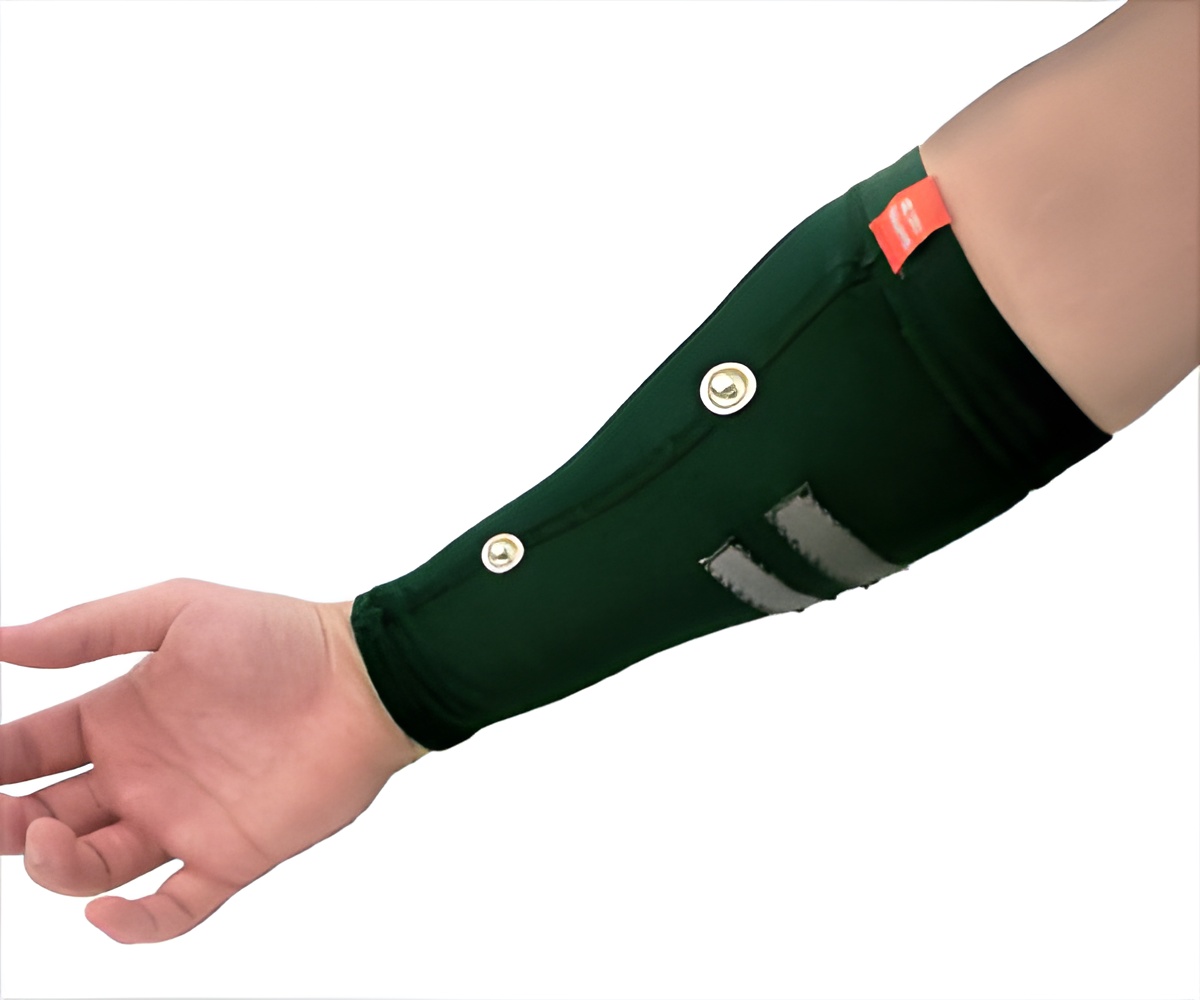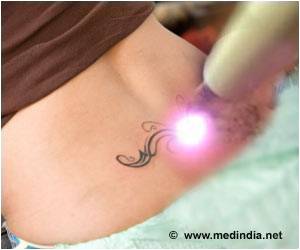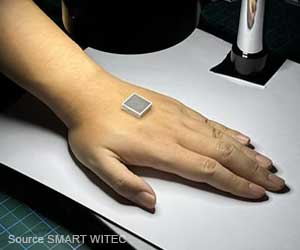An electronic “tattoo” that can monitor your facial expressions by tracking muscle movements have been developed by researchers at the Tel Aviv University

TOP INSIGHT
A temporary ‘electronic tattoo’ can now gauge the activity of muscle and nerve cells and enables to map emotions by monitoring facial expressions.
Professor Yael Hanein, head of TAU’s Center for Nanoscience and Nanotechnology said, “We used readily available materials and conventional industrial printing techniques, in order to simplify and speed up the development process.”
While researchers worldwide are trying to develop methods for mapping emotions by analyzing facial expressions, mostly via photos and smart software this electrode provides a more direct and convenient solution. One major application of the new electrode is the mapping of emotion by monitoring facial expressions through electric signals received from facial muscles.
The new skin electrode has important therapeutic applications as well. The tattoo will be used to monitor the muscle activity of patients with neurodegenerative diseases. The physiological data measured using the device can help amputees control artificial limbs with remaining muscles, monitor alertness of drivers on roads and improve muscle control in stroke victims in rehabilitation.
The study led by Professor Yael Hanein was conducted within the framework of European Research Council (ERC) project, and partly supported by the Brain-Stimulation-Monitoring-Treatment (BSMT) Consortium of Israel's Ministry of Economy.
 MEDINDIA
MEDINDIA




 Email
Email





